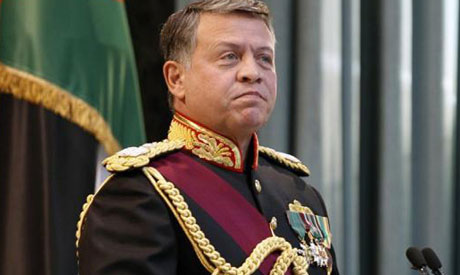By Alexandra Halsey-Storch
Impunity Watch Reporter, Europe
PARIS, France–Late Monday night the French Senate passed a new genocide law that could be signed by French President, Nicholas Sarkozy, in just two weeks; the new law elicited angry reactions from Turkey.

The new legislation provides that, “those who have publicly denied or trivialized crimes of genocide” could be subject to a year in prison and/or a 45,000-euro fine (the equivalent of $58,00). Although the law does not mention specifically the “massacre of hundreds of thousands of ethnic Armenians by Ottoman Turks,” the seven-hour debate in the French senate on Monday focused primarily on the memory of the Armenian genocide.
As a nation, Turkey has, and continues to deny that the killing of 1.2 million ethnic Armenians was “genocide.” The United Nations has defined genocide as “the killing of, injuring of, or displacing of members of a national, ethnic, racial or religious group with the intent to destroy the group.” Turkey claims that the estimated 1.2 million deaths is a gross exaggeration and that “there was no attempt to wipe out the whole group,” instead arguing “that hundreds of thousands of Armenian Christians and Muslim Turks died from intercommunal violence, disease and general chaos.” Moreover, under Turkish law today, recognizing these particular deaths as genocide is an “insult to Turkish identity” that could result in a criminal conviction.
Notwithstanding Turkey’s strong and passionate denial, France, along with many other countries throughout the world, have in fact declared the 1915 killings “genocide.” In 2001, France enacted a law codifying this belief. As such, if the latest genocide law is signed by President Sarkozy, any person that denies the 1915 killings as being a genocide could face severe penalties.
While Armenia’s foreign minister, Edward Nalbandian, recognized Monday as a day which will be “written in gold,” and avowed France as “a genuine defender of universal human values,” the Turkish government, and supporters of the government, could not have been less enthusiastic. Prime Minister Recep Tayyip Erdogan expressed that the French legislation “represented evident discrimination, racism and massacre of free speech,” adding that “we have not lost our hope yet that this mistake can be corrected.” Various headlines found on Turkish newspapers screamed “Guillotine to History” and “Guillotine to Thought.” Yet another said, “He Massacred Democracy” next to a photo of Sarkozy.
Despite the Bill’s seemingly good intentions, even Amnesty International has agreed with Turkish sentiment. Nicola Duckworth, the Director of Europe and Central Asia at Amnesty Internationa,l claimed that the legislation “would violate freedom of expression by making it a criminal offense to publicly question events termed as ‘genocide’ under French law,” a principal that has been repeatedly upheld by the European Court of Human Rights. She went on to explain that “this bill…would have a chilling effect on public debate and contravene France’s international obligations to uphold freedom of expression…People should be free to express their opinions on this issue—in France, Turkey and elsewhere.” In short, should this bill be enacted, it will be clear that “French authorities are failing to comply with their international human rights obligations,” she said.
In addition to violating international law, the direct conflict between France’s new law and Turkish law, not to mention Turkish nationalism, could cause “permanent harm to Franco-Turkish relations.” When the French lower house of parliament passed the genocide law in December, Turkey withdrew Tahsin Burcuoglu, the country’s ambassador, from Paris and suspended military ties with France. Additionally, some Turkish politicians have warned of further sanctions and the permanent removal of the ambassador while the Turkish President, Abdullah Gul wasted no time declaring that the “bilateral relations are at a different level from now on.” The Nationalist Movement Party expressed a desire to terminate the Turkish and French friendship parliamentary committee.
For more information, please visit:
Ekklesia—France’s Armenian Genocide Bill Threatens Free Speech, Says Amnesty—26 January 2012
RFI—France’s Armenian Genocide Bill—Who? What? When? Where? Why?—25 January 2012
New York Times—French Bill on Genocide Is Denounced by Turkey—24 January 2012
CNN—Turkey Blasts French Passage of Genocide Law—24 January 2012

